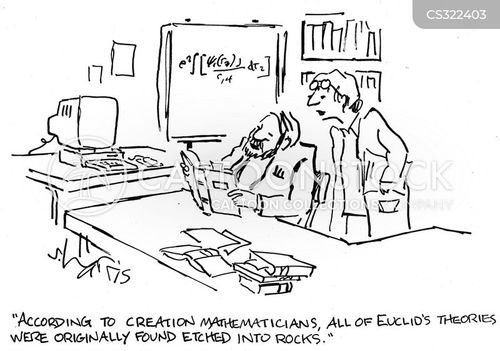It may be true that all 51 instances of G1124 happen to refer to Hebrew writings. But that fact does not imply that that is its only use.
The Online Bible Lexicon, the NAS Lexicon, Strong’s Greek Lexicon, and Abbott-Smith’s Greek Lexicon, all include “a writing” in the definition of "“γραφη”.
What about G1125? “γραφω” (I write) is but the verbal form of the noun “γραφη” (a writing).
You could also argue, I suppose, that G1125 (1125 instances) also refers to a special class of writings called “Scripture” from passages such as this:
Luke 3:4 as it is written in the book of the words of Isaiah the prophet, saying: "The voice of one crying in the wilderness: ‘Prepare the way of the LORD; Make His paths straight.
But the fact is, the word is frequently used just as we use it today:
John 19:22 Pilate answered, “What I have written , I have written .”
Luke 16:7 "Then he said to another, ‘And how much do you owe?’ So he said, ‘A hundred measures of wheat.’ And he said to him, ‘Take your bill, and write eighty.’
In conclusion, I affirm that the verbal form “γραφω” means “I write” or “I am writing” and the nounal form of the same word “γραφη” means “a writing”. Also, the original meaning of “scripture” was also “a writing”. The word comes from the Latin “scriptura” which means “a writing.”
dictionary.com/browse/scripture
By the way, it may surprise you to know that I, also, believe in a 7-day creation, and that the earth is “young”—that is from six to ten thousand years old.











 NOT a deal breaker, Jeff
NOT a deal breaker, Jeff 

